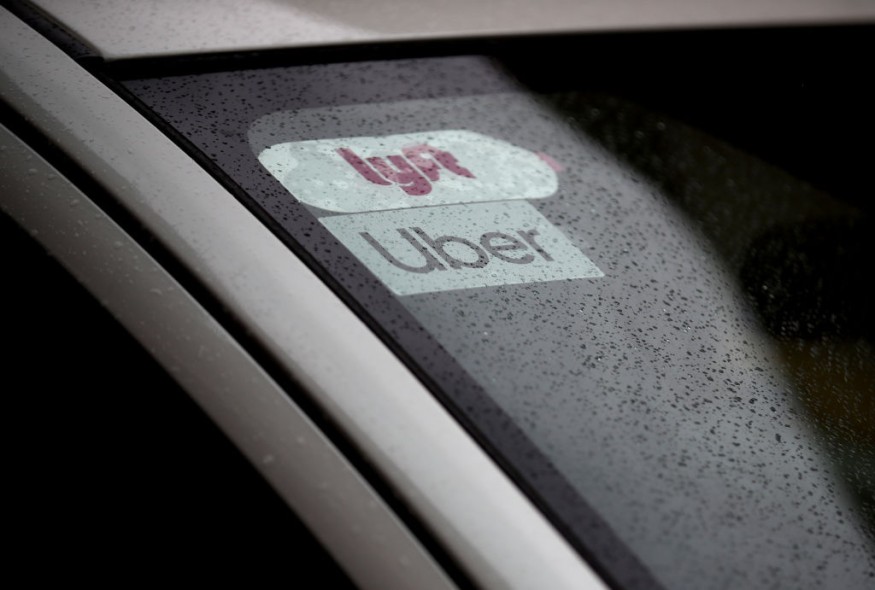
Cruise, the autonomous vehicle subsidiary of General Motors, has announced a multi-year partnership with Uber Technologies in a significant move toward the future of transportation.
This collaboration will integrate Cruise's autonomous vehicles into the Uber ride-hailing platform starting in 2025. The partnership is seen as a pivotal step for both companies in advancing the commercialization of self-driving technology.
Cruise, Uber to Launch Autonomous Ride-Sharing Service
Under this new agreement, Uber riders will soon have the option to select a trip using a Cruise autonomous vehicle. The vehicles, based on the Chevrolet Bolt, will be available in select markets as the service gradually rolls out.
This integration marks a key milestone for Cruise, which has faced challenges in its efforts to bring robotaxis to US roads.
The journey towards this partnership has been fraught with difficulties, particularly for Cruise. The company has been working to restore its reputation following a serious accident in San Francisco in October 2023, according to Detroit News.
In that incident, a pedestrian was struck by a human-driven vehicle and then dragged into the path of one of Cruise's autonomous Bolts. The tragic event led to intense scrutiny from regulators and a temporary halt in Cruise's operations.
In response to the incident, Cruise undertook a comprehensive safety review and made several leadership changes. In November 2023, Kyle Vogt, the founder and then-CEO of Cruise, stepped down from his role. He was succeeded by Marc Whitten, a former Amazon executive and one of the founding engineers at Xbox, who was appointed CEO in June 2024.
Additionally, GM appointed Steve Kenner as Cruise's chief safety officer, a newly created position to strengthen the company's safety protocols.
Despite these setbacks, Cruise has resumed its operations, albeit cautiously. The company has restarted its services in Houston, Phoenix, and Dallas, with safety drivers present in all vehicles.
This cautious approach is part of Cruise's broader strategy to regain the trust of regulators and the public.
Uber's Shift Toward Autonomous Vehicles
For Uber, this collaboration with Cruise represents a strategic move to enhance its ride-hailing services. Uber has been experimenting with autonomous vehicles for several years, including a partnership with Alphabet's Waymo in Phoenix. Waymo, which currently operates around 700 autonomous vehicles, is the only US company offering uncrewed robotaxis that collect fares.
According to Reuters, Uber's CEO Dara Khosrowshahi has expressed confidence that Uber can provide significant value to autonomous vehicle companies looking to scale their operations.
The partnership with Cruise also aligns with Uber's broader strategy to diversify its ride-hailing options. In 2020, Uber sold its own self-driving division to focus on its core businesses of ride-hailing and food delivery.
Despite this, the number of trips taken by autonomous vehicles on Uber's platform has continued to grow, driven by partnerships with companies like Waymo and startup Waabi, particularly in the freight services sector.
Related Article : Ford Cuts Back on EV Production, Focusing on Gas Hybrids and New Models in Kentucky















